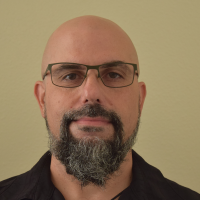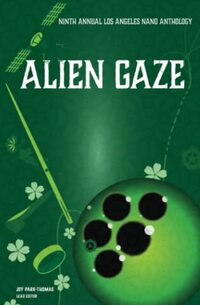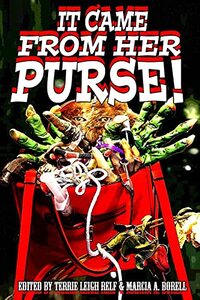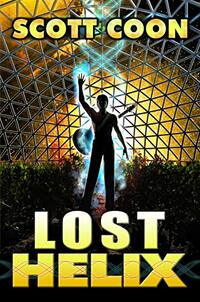Scott Coon's Books
Stay in the loop on books by Scott Coon. See upcoming and best-selling books by the author here. You'll also find the deals on books by Scott Coon.
** Please note that the information or price displayed here may not be the updated. Make sure to double-check the latest book price before buying books.
** Also, there might be other books by Scott Coon not listed on AllAuthor.
| Book |
|---|
Alien Gaze: Ninth Annual Los Angeles NaNo AnthologyPublish: Dec 11, 2022 |
It Came From Her PursePublish: May 10, 2021 |
Scott Coon's Awards and Achievements
-
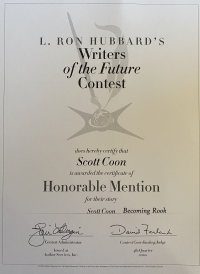

Becoming Rook
2020 award -


Bewildering Stories’ Quarterly Review - EW
2020 award -


Bewildering Stories’ Quarterly Review - LAB
2019 award -


L. Ron Hubbard Writers of the Future Anthology - PnP
2019 award -
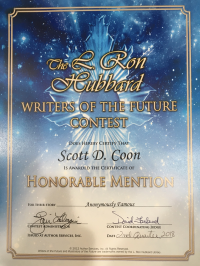

L. Ron Hubbard Writers of the Future Anthology - AF
2018 award -
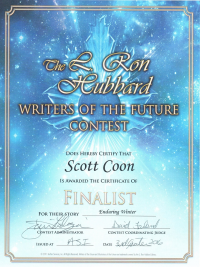

L. Ron Hubbard Writers of the Future Anthology - EW
2016 award -


NESFA SciFi & Fantasy Short Story Contest - EW
2016 award -


Bewildering Stories’ Quarterly Review - HR
2012 award -


Bewildering Stories’ Annual Mariner Awards - LB
2011 award
Scott Coon has earned excellence awards over time. Here is the glimpse of the accolades clinched by the author.
Ask Scott Coon a Question
Have brimming questions to ask author Scott Coon? Ask whatever you like, but keep it appropriate.
** Please note that unanswered questions will not appear on the page. Refrain from posting promotional messages.
